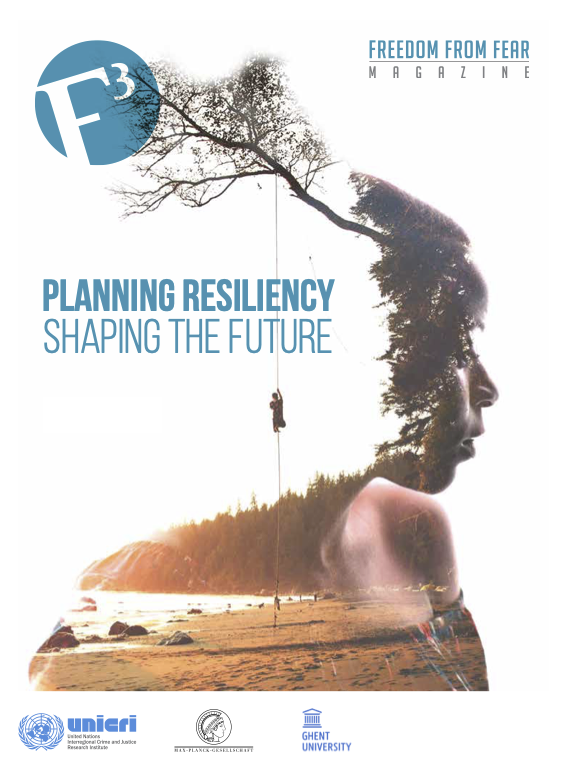In this article, Women without Borders (WwB) Founder and Executive Director Edit Schlaffer explores the important role of women in preventing violent extremism. She calls for the mobilisation of mothers as agents of change, recognising the need to hear female voices in equal measure to male voices at all levels of the security pyramid.
Given the aim of extremist groups and ideologies to undermine democracy and social cohesion, a whole-of-community approach is needed in this highly sensitive and complex arena of preventing violent extremism. Doing so requires strengthening our common identity to reinforce a sense of belonging and bolster solidarity. In this article, Edit Schlaffer illustrates the importance of building up the potential of mothers through education and self-confidence training so that they are capable of creating a barrier between radical influences and young people. Achieving this requires an efficient support system and network which provides a safe space for mothers to discuss their fears and observations regarding the many dangers faced by their children from drugs and gang violence to violent extremism, and to ultimately take decisive action.
Based on the research findings that mothers are best positioned to recognise and react to early warning signs of radicalisation, WwB developed its MotherSchools Parenting for Peace Model, creating a formalised space for mothers to deconstruct individual and social barriers to address the taboo issue of extremism. The MotherSchools mobilise mothers as key witnesses and potential agents of change, which in turn encourages an empowerment process that can have a ripple effect in their immediate and extended families as well as in their communities. In this article, Schlaffer highlights the need for a gender inclusive approach that not only recognises women as part of an innovative security strategy, but also encompasses the complimentary role men have to play in their families and in public, touching upon the FatherSchools pilot workshops.

